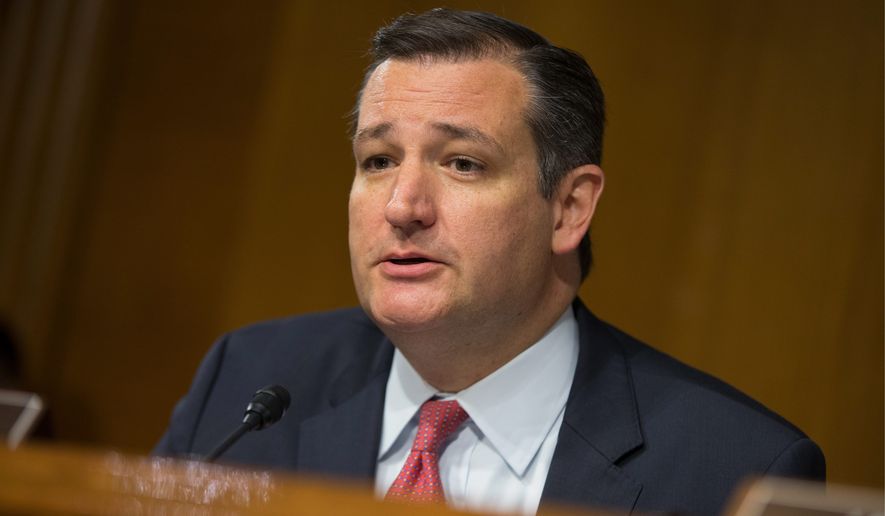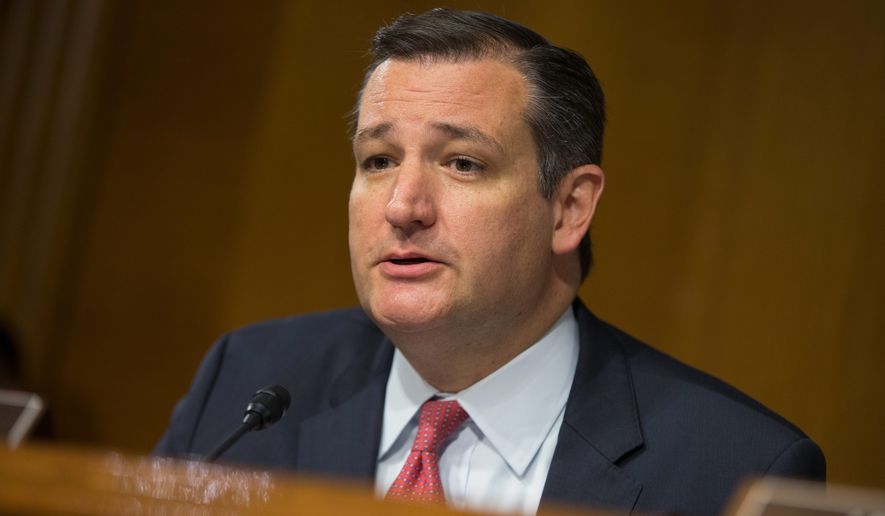

The Obama administration will relinquish control of the internet’s “address book” to a California-based nonprofit Friday, brushing aside last-ditch pleas and a lawsuit from Republicans who say the transfer could give rogue regimes a freer hand to interfere with web access.
For 18 years, a division of the U.S. Commerce Department has worked to make sure the private sector takes the lead in coordinating the internet’s complex index of IP addresses and domain names, which allows people to access websites without typing in complex series of numbers that are hard to remember.
Proponents of the transfer say engineers, businesses, technical experts, civil society groups should lead the internet forward, rather than the U.S. government, and snooping revelations by former NSA contractor Edward Snowden only deepened that view.
SEE ALSO: FBI partly blames Edward Snowden for reduction in email, phone surveillance
Actual internet users won’t notice the change, since the functions are technical and don’t relate to content. Yet conservatives such as Sen. Ted Cruz of Texas say President Obama is diluting American power and thus creating space for rogue actors such as China, Russia and Iran to wield greater influence over web access, since their version of civil society would be tied to states not bound by the U.S. Constitution.
“Like Jimmy Carter gave away the Panama Canal, Obama is giving away the internet,” Mr. Cruz said after passage of a stopgap funding bill that did nothing to stop the transfer.
The pre-election negotiations were Congress’ last chance to step in and renew a contract between the Commerce Department and the Internet Corporation for Assigned Names and Numbers, or ICANN, before it lapsed Oct. 1.
Mr. Cruz and fellow conservatives had wanted to use the must-pass spending bill to stop the ICANN changes, but GOP leaders said they had to forsake that demand in order to win a separate fight over the Export-Import Bank. Ex-Im, as the bank is known, has been operating with too few members to dole out big loans, and the bank’s backers wanted to include language in the spending bill reducing the bank’s quorum so it could begin full operations again.
GOP aides said the price of blocking the Ex-Im changes was allowing the shift from ICANN.
After opponents lost the spending battle in Congress, four Republican attorneys general in Arizona, Oklahoma, Nevada and Texas filed a lawsuit Thursday. In their complaint, they say the administration decided to give away government property without congressional approval, even though a nonpartisan government report recently concluded otherwise.
If the government allows its contract to expire, they say, “plaintiffs will lose the predictability, certainty, and protections that currently flow from federal stewardship of the internet and instead be subjected to ICANN’s unchecked control.”
The lawsuits says ICANN might take “unilateral actions” that adversely affect what’s known as the authoritative root zone file, opening the door to “unchecked” changes to .gov or .mil addresses, including ones used by the attorneys general themselves.
“If you control the authoritative root zone file, you can control what websites appear on the internet,” Cruz spokesman Phil Novack said. “Can you directly make changes to content on a specific site? No. But can you determine who gets a site, the policies governing those sites, and which sites get to operate and which sites get shut down? Absolutely.”
Republican presidential nominee Donald Trump recently sided with Mr. Cruz’s position, despite their well-documented feuds, in a rare foray for the mogul into arcane government policy.
Lawrence E. Strickling, the Commerce Department official in charge of the switchover, said reneging on the transition plan that started in 2014 would actually embolden “authoritarian regimes to intensify their advocacy for government-led or intergovernmental management of the internet via the United Nations.”
“Among the most persistent misconceptions is that we are giving away the internet,” he told the Senate Judiciary Committee this month. “That is simply not true. To be crystal clear, the United States does not control the internet. No one country or entity controls the internet. The internet is a network of networks that operates with the cooperation of stakeholders around the world.”
[SOURCE:-The washington Times]





